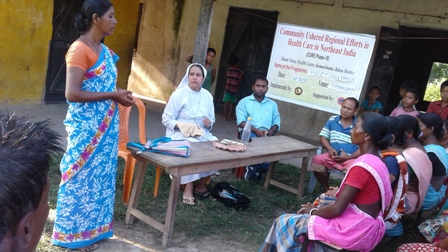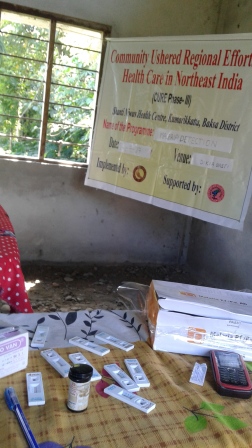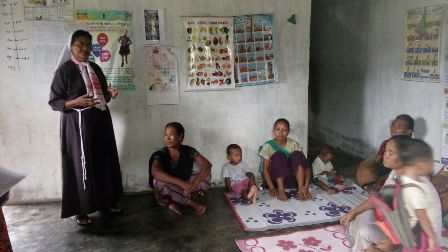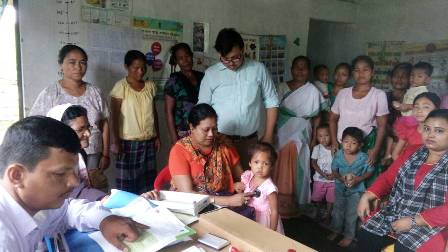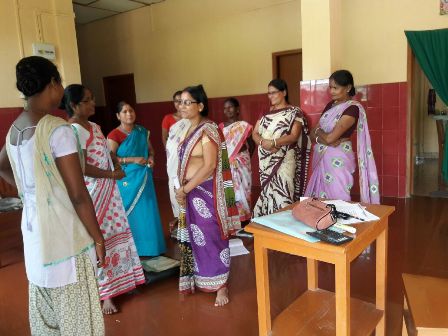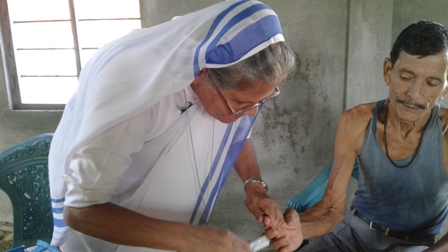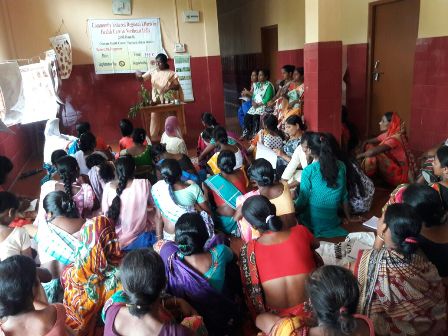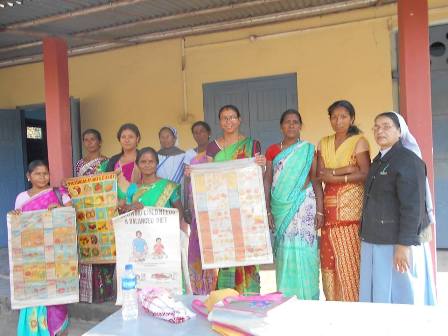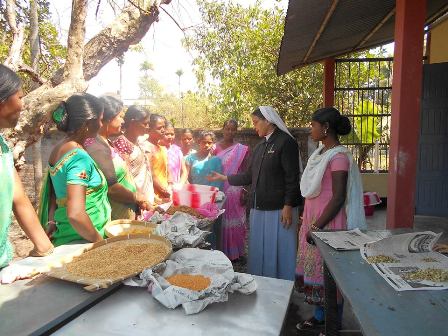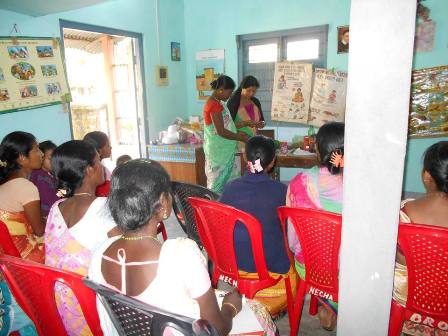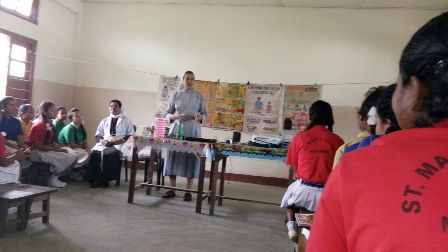CURE (Community Ushered Regional Effort in Health Care) in Northeast India
The CURE in North East India is a three years (October 2016 to September 2019) venture supported by North East Diocesan Social Service Society (NEDSSS), Guwahati. The project envisages reducing the Infant and Maternal Mortality and Malaria Death in selected 254 remote villages spread in Meghalaya, Manipur, Arunachal Pradesh, Assam and Mizoram States. GGSS is entrusted with the responsibility to implement the project in the 46 rural interior villages under its operational area in five centres (Kumarikatta, Nagirijuli, Mallangkhona, Mariampur and Panishali) where health facilities are minimum. The intervention targets more than 10000 rural families and reaches them through the Health Facilitation Centres (HFCs) functioning under the Archdiocese of Guwahati.
Project Sponsor:
North East Diocesan Social Service Society, Guwahati
Sponsor Address:
JOYPUR, KHARGHULI, P.B.NO.40, GUWAHATI - 781001, ASSAM, INDIA
Project Date:
1st October 2016 to 30th September 2019

